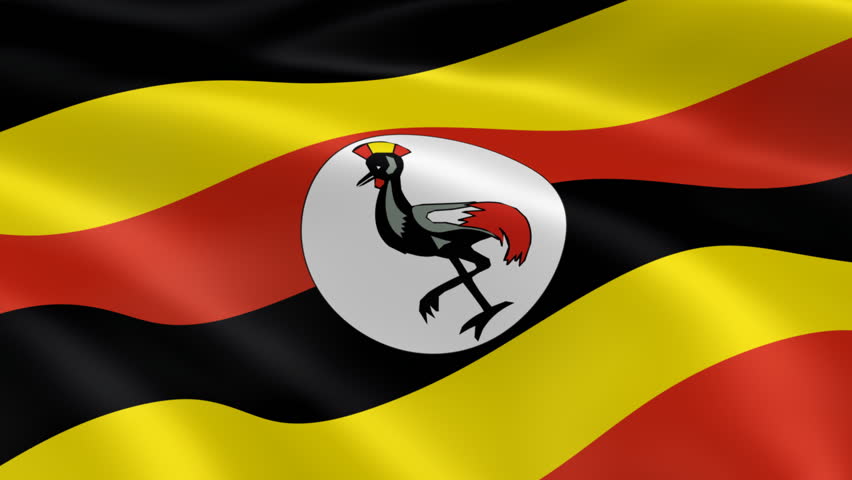There is an urgent need to prioritise the revisions on the proposed minimum wage bill to protect the interests of employees and boost their morale at work according to Eunice Musiime, the executive director for Akina Mama wa Afrika, a feminist-Pan-African leadership development organization.
Musiime was speaking at a high level roundtable dialogue entitled ‘is Uganda ready for the conversation on the minimum wage’ at Protea Hotel in Kampala on Dec.07.

Currently, Uganda’s only minimum wage stands at the Shs6000 that the Milton Obote II government fixed in 1984 – a rate which is legitimately considered dysfunctional according to Asiimwe.
Government is however working on a new bill that is expected to increase the minimum wage in line with current economic situation.
Musiime said that minimum wage is essential because it marks an end to exploitation and abuse of vulnerable and marginalised workers, results in harmony and increased productivity, attracts foreign direct investment, reduced rural – urban migration, poverty and corruption.
Musiime’s arguments are in line with the survey that was recently conducted by Platform for Labour Action that revealed that most unskilled employees do not earn enough to afford all their basic needs such as education, food, health services and adequate clothing.
As a result, Uganda has witnessed labour strikes from both skilled and unskilled laborers.
“… therefore we believe that a minimum wage in Uganda will reduce strikes, increase morale, increase productivity and improve the country’s investment climate especially in the horticultural sector,” Musiime said.
One of the most common arguments that pro proponents have made in favor of fixing a minimum wage is the need to narrow the gap between the rich and the poor.
The high level dialogue was organised with the major objectives being to deepen stakeholders’ understanding of the minimum wage bill to be better positioned to influence its outcome and to identify opportunities for advocacy on the bill in regards to women at work in the horticulture sector.
The conversation at the dialogue was biased towards working conditions for employees in flower farms, majority being women.
Musiime said most if not all of the flower farm owners make billions of dollars yet the workers earn less than US$2 a day.
“Across the world, it is always a negotiating process that should be informed by empirical evidence,” Ntale said.
She said that advocacy on minimum wage should focus on developing the institutional capacity to implement not just minimum wage policies but also labour laws and regulations; engage in widespread sensitisation of workers’ rights within the law so that workers are better informed to demand and participate in collective bargaining agreements; work towards improving trade union membership; advocate for stronger policies on contracts and other instruments of employee protection and develop programs and interventions to improve the labour mobility in industries and sectors that are highly gender segregated (like floriculture and agriculture).
The Ambassador of the Netherlands to Uganda said as the process of revising minimum wage in Uganda takes shape, there is need for players to benchmark.
For instance, he said that in Netherlands, a 19 year old takes home Euros785, a 22 year old Euros 1269 because they have a minimum wage. He said that Netherlands minimum wage amounts are controlled by the Dutch labour law and are reviewed twice a year.
He said that beyond minimum wage, players need to consider other attendant issues like healthcare and occupational safety that affect workers.
The Chairman of the Wage Advisory Board Chris Kanya said that there is need to recruit and facilitate more labour officers in districts of Uganda to support efforts geared towards protecting workers.
He said that the Board will propose a minimum wage that is fair to both the employees and the employers.
Apollo Onjoma, the acting commissioner in charge of labour at the ministry of Gender Labour and Social Development said as government works on the minimum wage bill, other aspects of labour standards such as maternity protection, occupation and health and safety and leave should not be ignored.
He said that government is carefully working on the bill. “We are part of the International Labour Organisation and so we have to ensure that we have a minimum wage,” he said.
About 50 people attended the half-day dialogue.

